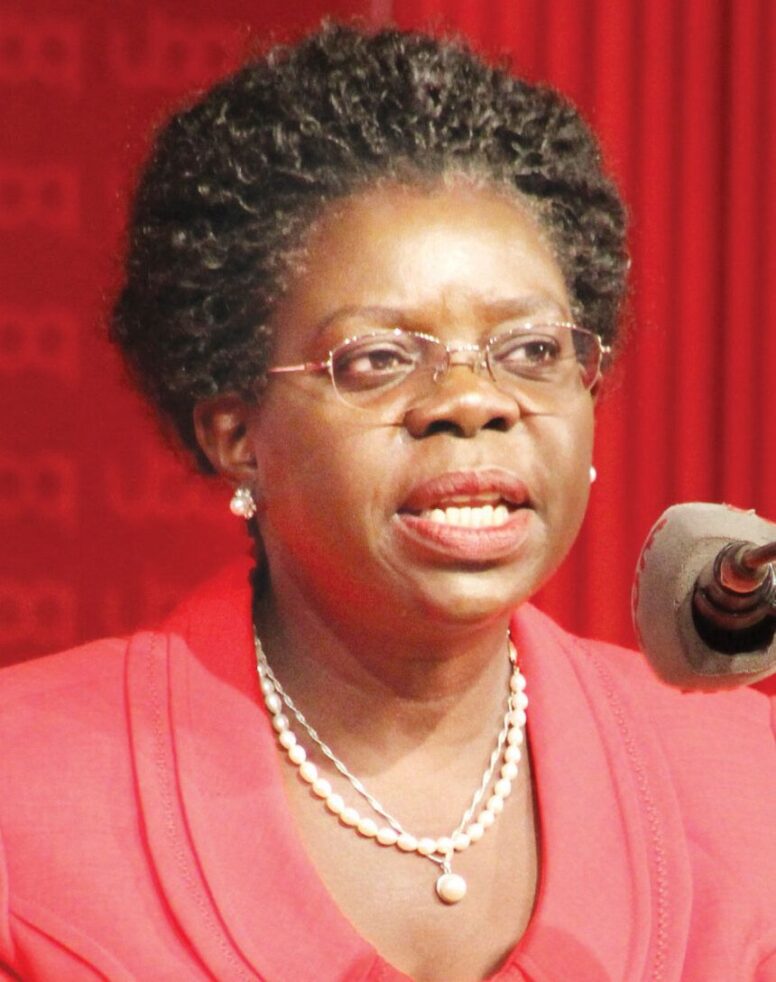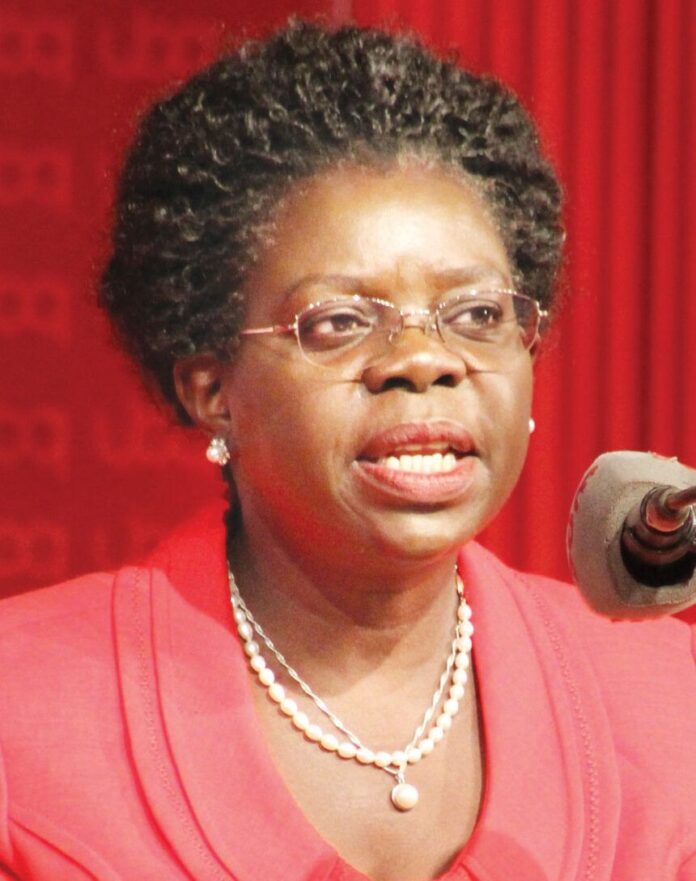By Burnett Munthali
Secretary to the President and Cabinet (SPC), Colleen Zamba, has stated that her office is currently powerless to act against civil servants who are actively participating in political activities.
Zamba revealed that the inability to act stems from the fact that Parliament has not yet provided the necessary legal framework or prescriptions to guide her office in dealing with such cases.
Her remarks come amid rising concerns from legal experts, governance commentators, and the general public over the growing trend of public servants getting involved in partisan politics.

The issue has become particularly pressing in light of the upcoming September 16 General Election, with reports indicating that some civil servants have gone as far as contesting in political party primaries.
Zamba’s comments suggest a significant gap in Malawi’s legal and administrative systems regarding the regulation of public servants’ conduct during election periods.
Speaking in response to these concerns, Zamba emphasized that while the Constitution and Civil Service regulations prohibit civil servants from engaging in active politics, there remains a lack of enforceable statutes specifically empowering her office to intervene.
She pointed out that until Parliament acts to address the legislative vacuum, her hands remain tied, regardless of how blatant the political engagement by civil servants may be.
According to Zamba, enforcement mechanisms must be clearly stipulated in law before disciplinary measures can be legally and fairly implemented.
The SPC further warned that taking action without legal backing would expose her office to accusations of political persecution or abuse of power.
This position has sparked debate among stakeholders, with some accusing the government of using the lack of legal prescriptions as an excuse to tolerate politically aligned civil servants.
Others argue that Parliament has been slow in addressing critical gaps in governance laws, thereby allowing a culture of impunity to fester within the public service.
Legal scholars, such as Professor Garton Kamchedzera, have argued that Malawi’s democratic values are undermined when civil servants, who are supposed to be neutral, take part in politics.
He insists that the Public Service Act and other governance instruments should be urgently reviewed to introduce clear sanctions for such conduct.
Meanwhile, civil society organizations have demanded swift action from both the executive and the legislature to protect the integrity of the civil service.
They argue that failure to act not only compromises professionalism but also erodes public trust in government institutions.
The Malawi Law Society has also weighed in, urging Parliament to prioritize the matter in its next session and enact laws that reinforce the nonpartisan nature of the civil service.
This controversy highlights broader concerns about the politicization of state institutions and the blurred lines between governance and party politics in Malawi.
Observers warn that if left unaddressed, the situation could have long-term implications for public accountability and the credibility of the 2025 electoral process.
Zamba’s call for legislative intervention is likely to pile pressure on lawmakers to move with urgency in crafting legal instruments that clearly define the boundaries for public servants.
As the countdown to the General Election continues, the spotlight will remain firmly on how the government handles this sensitive and politically charged issue.
Failure to resolve it may result in further entrenchment of political influence within public administration, thereby undermining democratic governance.
Zamba has made it clear that until Parliament acts, the executive branch’s ability to enforce neutrality in the civil service remains fundamentally limited.
As political temperatures rise, Malawi awaits decisive action to protect its democratic institutions and ensure a fair, professional, and impartial public service.



